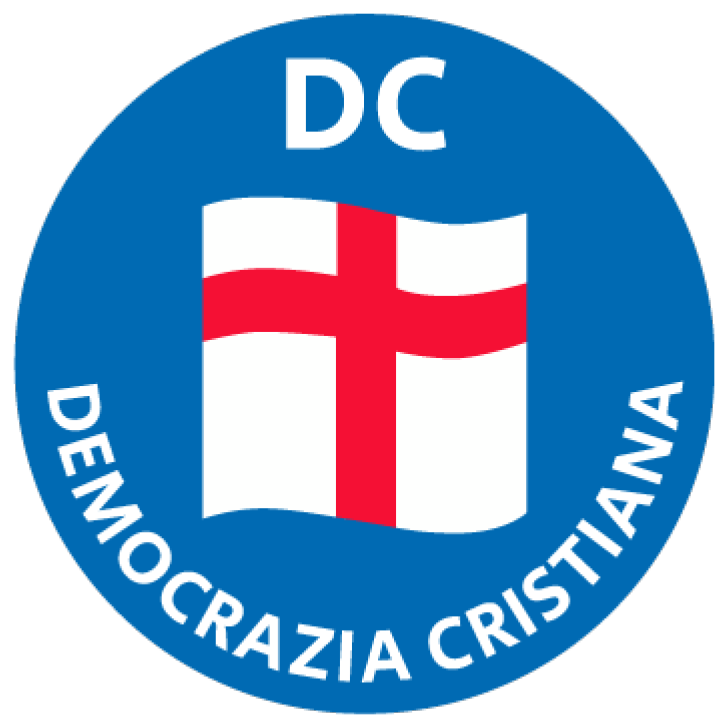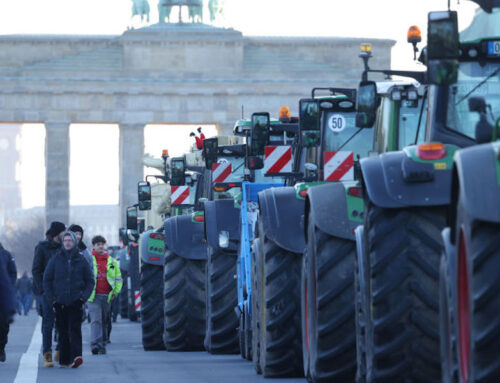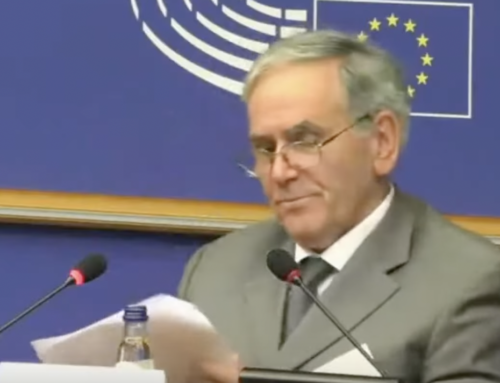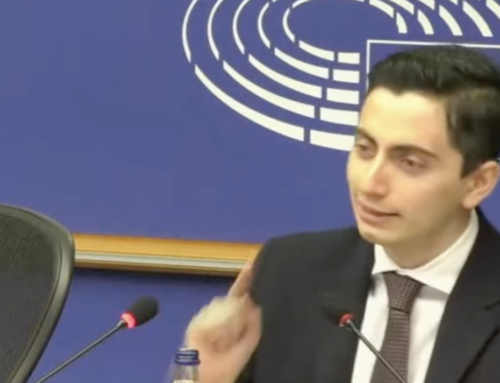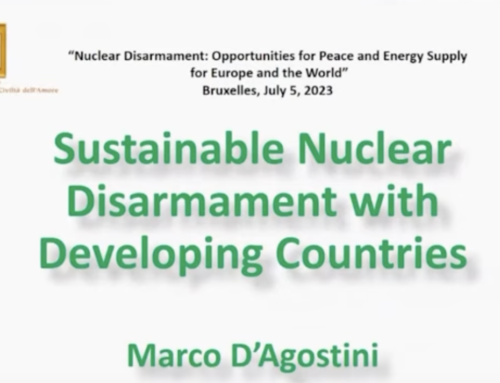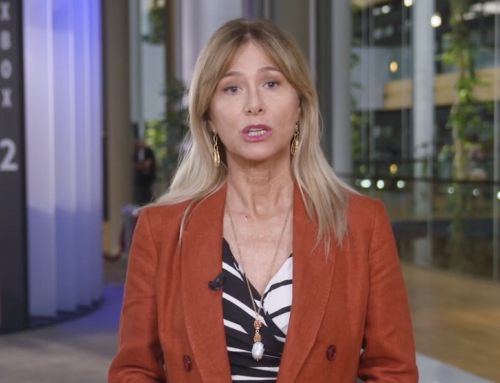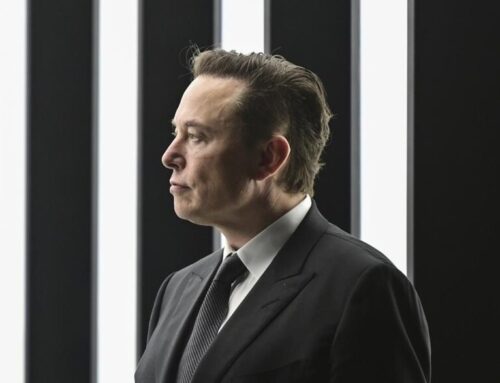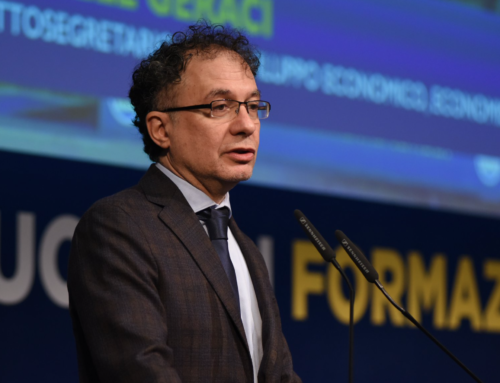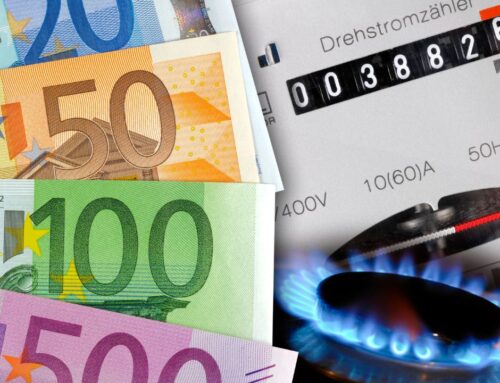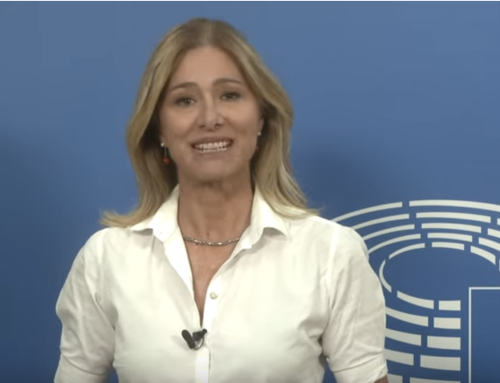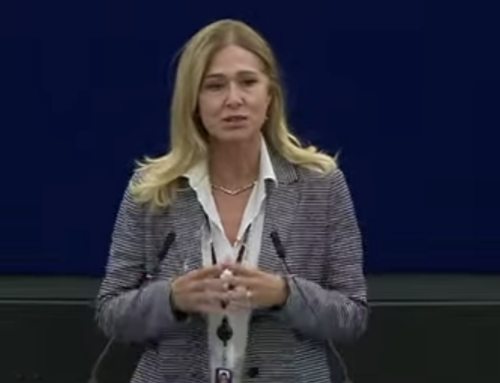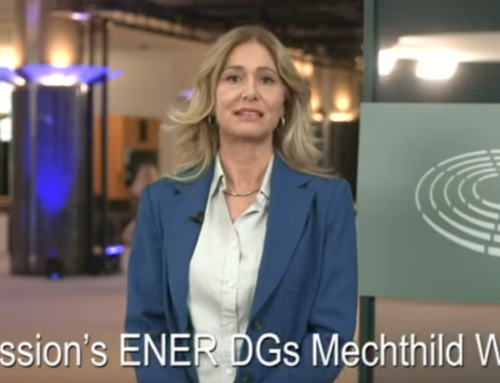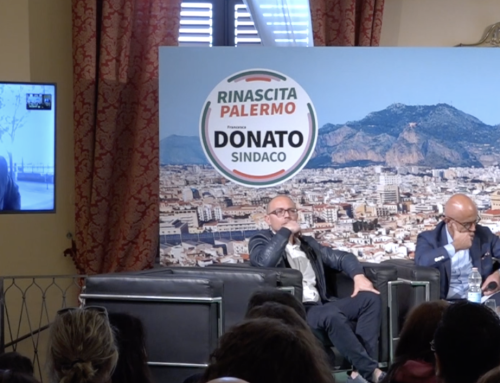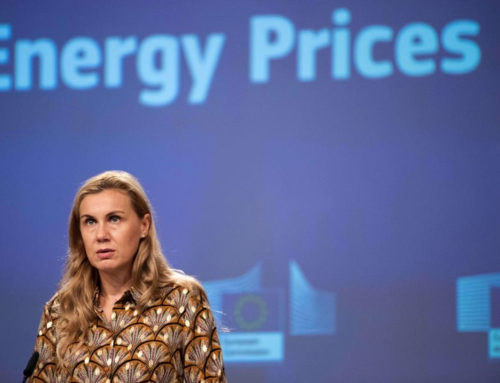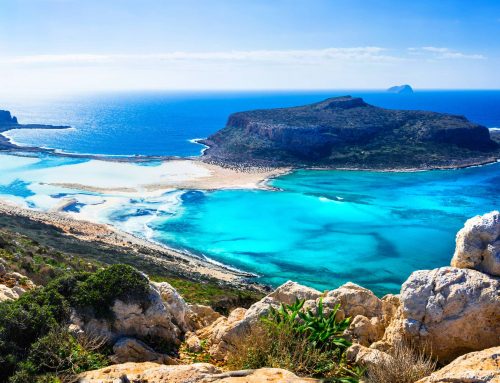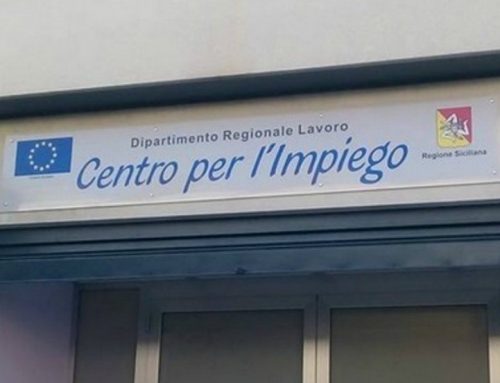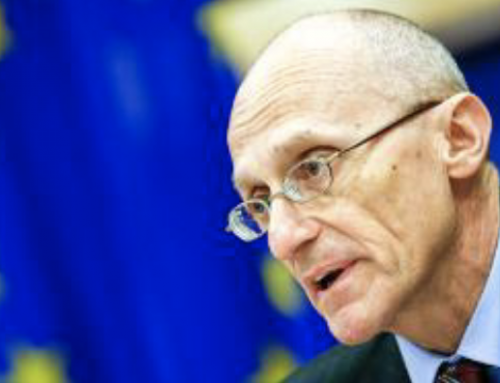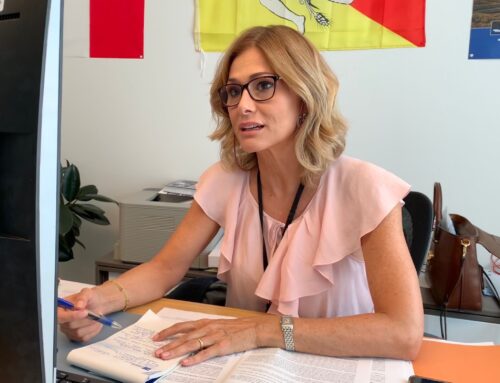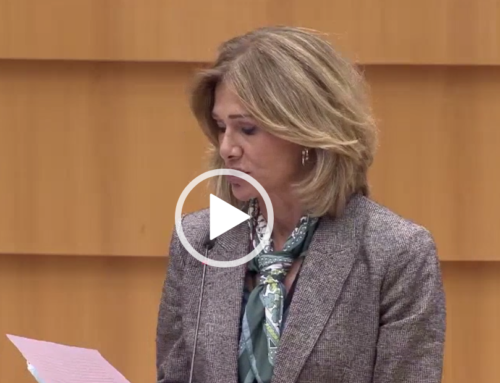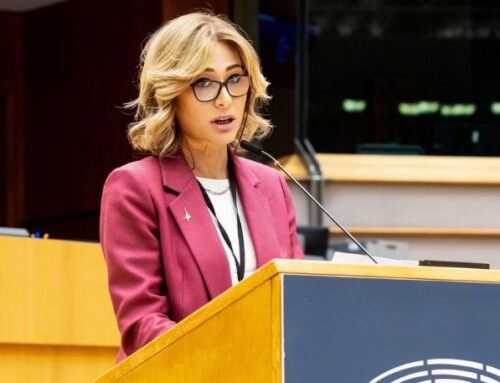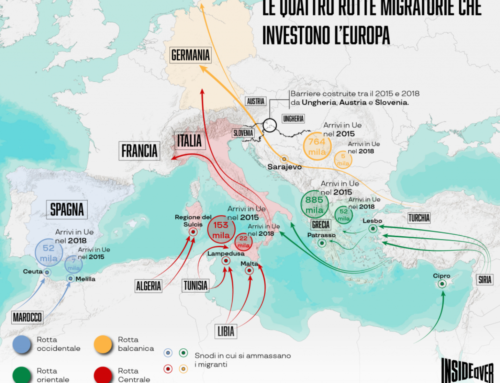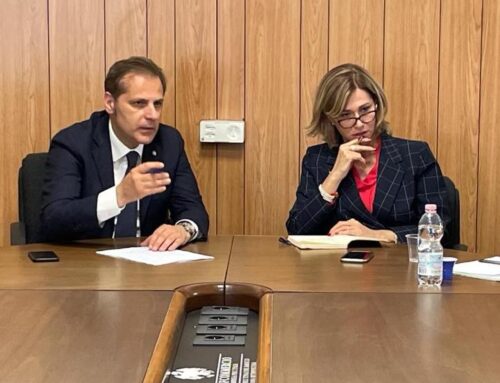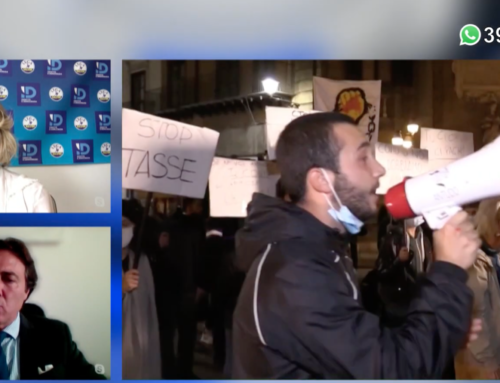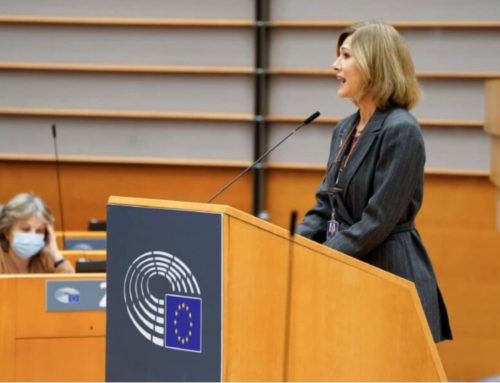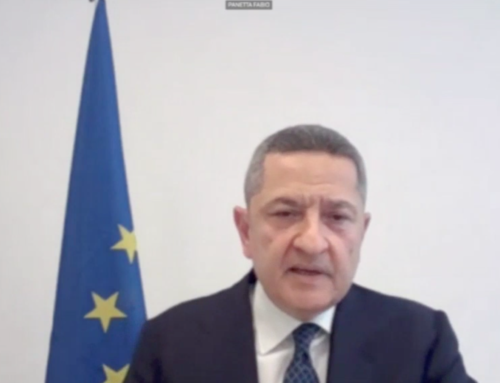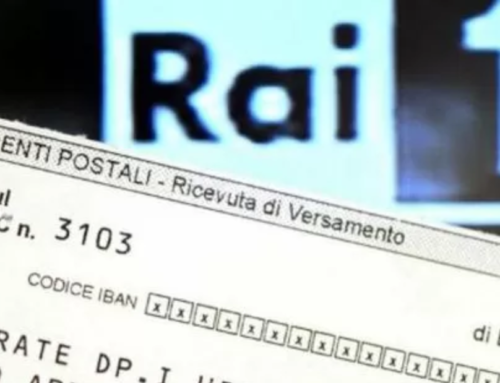Energetical crisis: over the whole of Europe the costs of this war
A few days ago, a briefing was held in the ITRE (Industry, Research and Energy) Commission with the Director General of the European Commission’s ENER DGs Mechthild Wörsdörfer on the latest developments in the energy crisis related to the war in Ukraine.
The Director gave us a lot of important information.
The transit of gas from Russia to Ukraine has now shrunk by 80% and Zelensky has declared that their gas and coal will remain in their country. This is not a good sign for next winter in Europe, because the flow of gas arriving from Russia has already greatly decreased.
There is a high risk related to gas supply. 10 states have activated the first level of emergency in supply (including Italy) and 12 member states are affected by partial or total gas reduction from Russia. Since June 16, flow in Nordstream 1 has declined by 60%. Russia has attributed this decline to technical problems due to sanctions imposed by the European Union, saying it is a temporary contraction, but it is possible – and everyone in Europe assumes – that it is actually a strategic choice to weaken the European economy.
In any case, European storage is continuing and is already over 50% of capacity as an average value. There is no immediate concern at Commission level, because we have the summer ahead of us and because they are trying to make the regasifiers work as hard (as well as activating new ones by October in the Netherlands and Germany), however the risks are there because the situation is very delicate.
Gazprom has announced a supply outage for the first days of July: from that date no more gas will come, and it is not known if this will continue after July 10. If there will be a total halt to Russian gas supplies we will have a scenario with 10-15% of average European demand for winter that cannot be met (a given to be reviewed pejoratively if winter is particularly cold).
In light of this situation, six actions are planned for European preparation for winter:
- monitoring and coordination in July and August;
- short-term replacement of gas consumption with other energy sources in the industrial sector, electricity production and domestic consumption, to withstand any supply shortages;
- Accelerating energy efficiency and energy saving to reduce oil and gas use;
- Completion of national quota plans and risk preparedness plans (including energy rationing)
- Maximum speed in the implementation of energy consumption reduction plans: each Member State should reduce demand immediately, both for large consumers and households, by providing for proper measures to ensure the security of supply of hospitals and emergency facilities;
- Supply diversification: creating an “EU energy platform”, to start intensive cooperation firstly with the US, then with Norway, Egypt and Israel. Collaboration platforms are also being worked with regionally to see how to respond to demand and how to make joint purchases to get better prices in an emergency situation like the current one.
Two possible scenarios are expected in the coming months:
1) Russian gas continues to arrive: the planned storage in the EU will be possible and given the constraints just introduced, we could be sure to cover 100% of European needs for 40 days … that’s to say less than a month and a half of standard consumption;
2) the gas no longer arrives: we will have a significant gas deficit compared to what is necessary, because we will fulfill at most a 70% storage filling. It will therefore become necessary to obtain gas from Azerbaijan and other countries in order to guarantee what is necessary, as well as adopting a mandatory and important reduction in consumption, through efficiency and energy saving.
Price caps on gas are also being evaluated to avoid major market imbalances.
On the nuclear side, there are Russian reactors in some European countries, which in case of failures or maintenance needs will require Russian intervention, and at the moment there is no alternative. Regarding hydrogen, it is still 90% produced by natural gas nowadays, and therefore we must quickly proceed to cleaner hydrogen even if we cannot give up a low-CO2 hydrogen obtained with gas.
Several countries, such as Germany, France, Austria, Romania, Bulgaria, have decided to reactivate coal-fired power plants in order to have the necessary energy to replace gas.
Italy, which no longer has nuclear power plants, will need to do more on photovoltaics, solar, wind, hydrogen where possible.
This meeting, therefore, certainly disclosed that the situation is much more serious than it is perceived at the national level. Energy rationings will become a reality starting next fall, as demand for heating gas increases with the first colds. But even if the summer continues to be very hot in our country, covering the energy needs for air conditioning systems could become problematic.
On the other hand, our head of government had warned us that we should turn off the air conditioners …
In short: the European strategy of sanctions on Russia is proving not only totally ineffective to push Putin to withdraw from Ukraine (NATO predicted that the war will last at least until 2023), but moreover it has catastrophic effects on EU economy , as a consequence of Russian countermeasures; our economy will be shattered down by energy crisis, shortages of raw materials, increasingly high and less sustainable public debt and consequent market speculation.
The European Union has put at serious risk the economic and social resilience of member countries in order to follow geopolitical choices decided in Washington, making Ukraine the battlefield between the US and Russia and pouring over the whole of Europe the costs of a war that could absolutely have been avoided and stopped immediately with a different approach.
I don’t know how it will end, but certainly terrible months await us and everybody needs to know in time to prepare for the worst.
